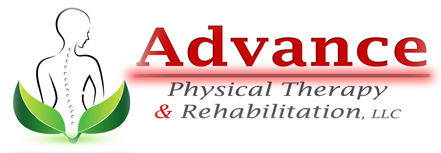
Cervical Herniated Disc
What is cervical herniated disc?
The vertebrae in your neck are cushioned by thin disks made from fibrocartilage. The inner portions of these discs are softer than the outer portions, but these inner sections can sometimes break through the outer sections. This condition is called a herniated disk, and when it occurs in the neck area, it is called a cervical herniated disk. In some cases, intense pain accompanies herniated disks, but some people remain unaware of this condition until they visit a doctor.
What causes cervical herniated disc?
In most cases, cervical herniated disks are related to an age-related condition called disk degeneration. This condition causes the disks in your spine to lose their structural integrity, which makes damage more likely when you lift heavy objects or twist your spine. Herniated disks can also be caused by injuries, and this condition is more common in people who are overweight or have physically demanding jobs.
What are the symptoms of cervical herniated disc?
If the disc is pressing on the nerve, symptoms can include pain in the neck and down the arm, numbness and tingling down the arm or in the shoulder and weakness in the arm or hand. If the disc however presses on the spinal cord symptoms can include loss of balance and coordination, stumbling while walking, tingling & electric feeling running down body into the legs, problems using hands or performing fine motor skills.
How is cervical herniated disc diagnosed?
To diagnose you with a cervical herniated disk, your doctor will subject you to a number of tests that will determine your reflexes, muscle strength, and walking ability. In addition, imaging tests such as an MRI scan, CT scan, or X-rays may be ordered to confirm the results of your physical examination.
How is cervical herniated disc treated?
Over-the-counter medications such as ibuprofen or naproxen may be used to reduce the inflammation and pain associated with your herniated disk, and your doctor may also prescribe opiates. Some physical therapy techniques such as spinal mobilization, traction, postural education, manual therapy, stretching, electrical stimulation and ice therapy have been shown to be effective for herniated disks. In general, this condition should clear up within a few weeks.


